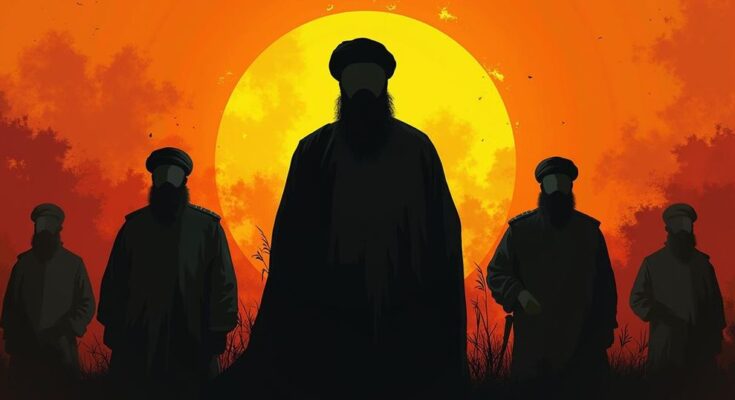Israel has intensified its military operations in Lebanon, claiming to have killed prominent Hezbollah figures, including Hassan Nasrallah. The UK government has urged its residents to leave Lebanon due to rising violence. Casualties continue to mount, and significant displacement has been reported, while Iranian leaders threaten retaliation. The ongoing conflict highlights the urgent need for a diplomatic approach to restore stability in the region.
Recent events have escalated in the region as Israel has reportedly killed another prominent Hezbollah figure, Nabil Kaouk, amid ongoing bombardments in southern Lebanon. This follows the assassination of Hezbollah’s long-standing leader, Hassan Nasrallah. Sources indicate that Nasrallah’s body has been recovered from the destruction caused by aerial attacks in Beirut. The situation has prompted warnings from Iranian leaders of potential repercussions, emphasizing that Nasrallah’s death will not be forgotten. Israeli military operations have resulted in a significant number of casualties, with at least 1,030 fatalities reported in Lebanon, including many women and children. The UK government has advised its citizens to evacuate Lebanon due to increasing violence and instability. Meanwhile, the Israeli Premier Benjamin Netanyahu declared that the death of Nasrallah would prohibit the return of displaced Israelis and impose pressure on Hamas regarding hostages. However, amid these tensions, Lebanon’s environment minister reported that hundreds of thousands of people have been displaced within the country, highlighting the severity of the humanitarian crisis. Hezbollah acknowledged that its officials, including Ali Karaki, were killed in the recent strikes, further escalating the conflict. Reports indicate that Israel has also taken action against Hamas within Gaza, destroying tunnels used by militants. As hostilities continue, Lebanon’s caretaker Prime Minister Najib Mikati articulated the need for a diplomatic resolution to the ongoing aggression from Israel. In the midst of this turmoil, citizens have started to voice their determination to remain in their homeland despite the violence, reflecting a resilient spirit among those affected by the conflict.
The current Israel-Hezbollah conflict has deep roots dating back to the 1982 Israeli invasion of Lebanon, aimed at stopping Palestinian militant activities. This invasion ultimately led to the formation of Hezbollah as a counterforce. Over the decades, the conflict has seen significant violence and numerous assassinations of Hezbollah leaders, resulting in a cycle of retaliatory actions and heightened tensions in the region. With the recent assassination of Nasrallah, there are concerns regarding the instability and potential for further violence, both in Lebanon and in the broader Middle Eastern context as Iran has vowed to exact vengeance for Nasrallah’s death.
In summary, recent military actions have resulted in the deaths of key Hezbollah leaders, notably Hassan Nasrallah and Nabil Kaouk, amidst widespread destruction and civilian casualties in Lebanon. The situation remains dire, with significant displacement of populations and ongoing calls for diplomatic solutions to prevent further escalation. The cycle of violence continues to breed retaliatory sentiments, leaving a profound impact on the geopolitical climate in the Middle East.
Original Source: www.independent.co.uk




